Multi-cellular self-organisation
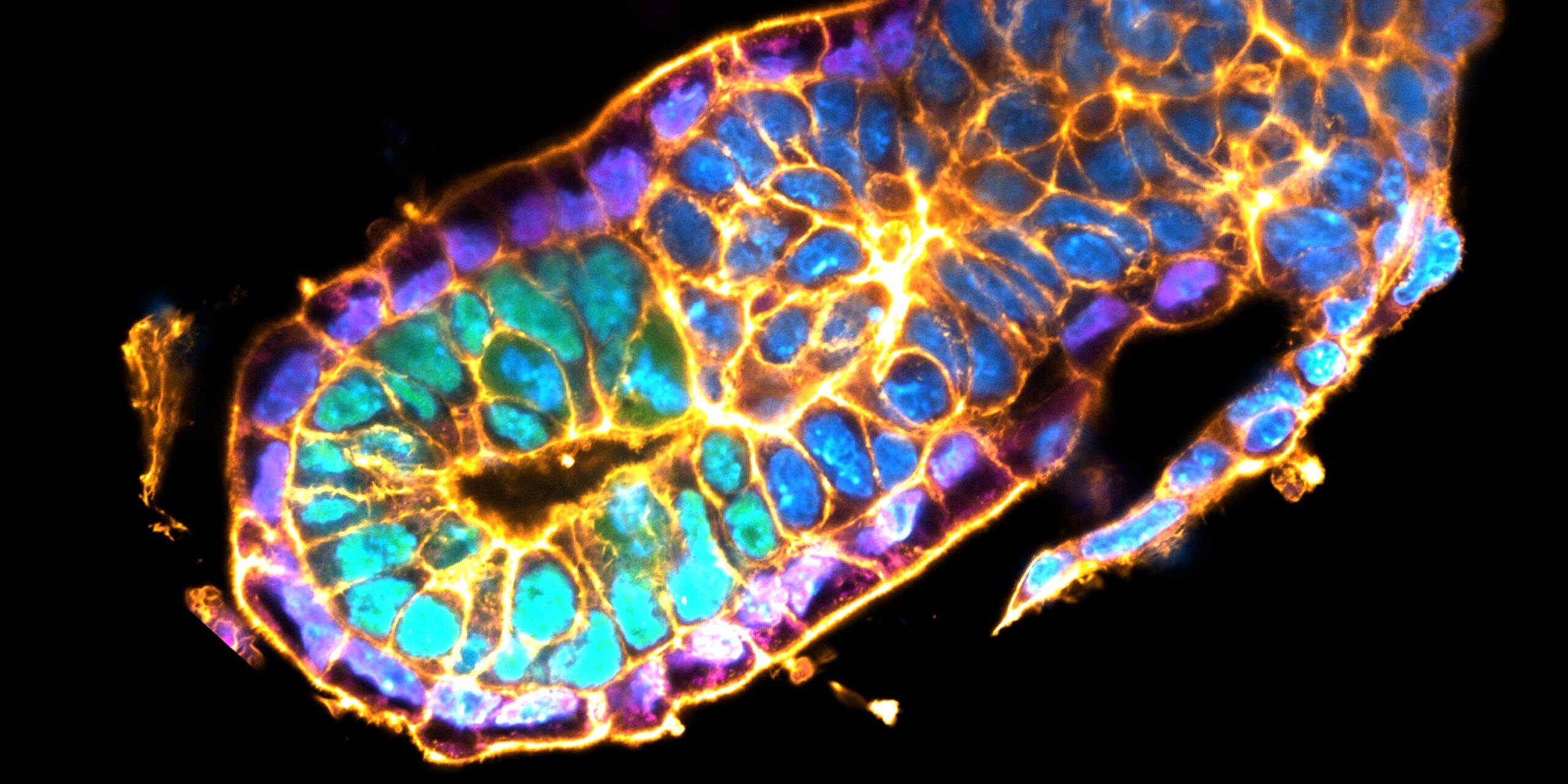
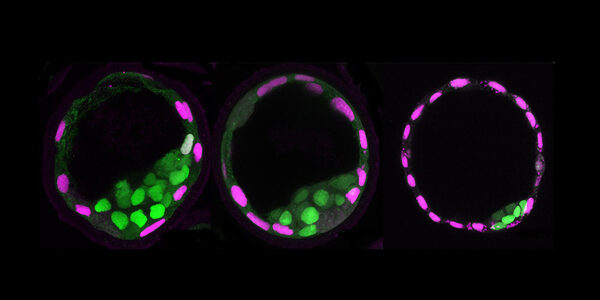
Research
The Hiiragi group studies robustness in development and aims to understand the design principle of self-organising multi-cellular systems. Self-organisation is a defining feature of living systems and entails complex interplay between molecular, cellular and mechanical signals across various spatio-temporal scales. Using early mammalian embryos as a model, the Hiiragi group adopts a variety of methods including genetics, microscopy, biophysics, engineering and modelling, to investigate how self-organised forms and patterns emerge from a spherical mass of cells.
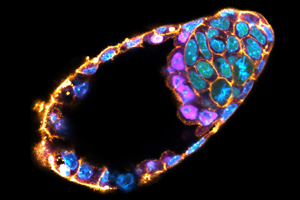
Pubilications 
- Moghe, P., Belousov, R., Ichikawa, T., Iwatani, C., Tsukiyama, T., Erzberger, A., & Hiiragi, T. (2025). Coupling of cell shape, matrix and tissue dynamics ensures embryonic patterning robustness. Nature cell biology, 27(3), 408–423.LINKPress release
- Fabrèges, D., Corominas-Murtra, B., Moghe, P., Kickuth, A., Ichikawa, T., Iwatani, C., Tsukiyama, T., Daniel, N., Gering, J., Stokkermans, A., Wolny, A., Kreshuk, A., Duranthon, V., Uhlman, V., Hannezo, E., & Hiiragi, T. (2024). Temporal variability and cell mechanics control robustness in mammalian embryogenesis. Science, 386(6718), eadh1145.LINKPress release
- Ichikawa, T., Zhang, H. T., Panavaite, L., Erzberger, A., Fabrèges, D., Snajder, R., Wolny, A., Korotkevich, E., Tsuchida-Straeten, N., Hufnagel, L., Kreshuk, A., & Hiiragi, T. (2022). An ex vivo system to study cellular dynamics underlying mouse peri-implantation development. Developmental Cell, 57(3), 373–386.e9.LINKPress release
News
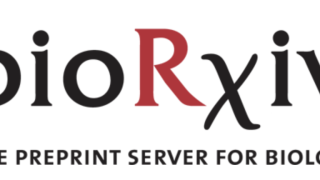
- 2023.01.24Temporal variability and cell mechanics control robustness in mammalian embryogenesis
- Preprint

- 2022.06.16Coordination between embryo growth and trophoblast migration upon implantation delineates mouse embryogenesis
- Preprint
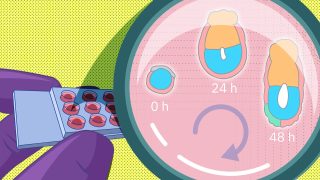
- 2022.03.09Establishment of 3D culture system to study mouse peri-implantation development
- Press release
 Recruit
Recruit
We welcome the research staff and graduate students (PhD/MA program).
If you need more information, please contact us through the Contact Form.
Positions are available for ambitious predoctoral and postdoctoral fellows
interested in addressing fundamental questions in cell and developmental biology.
Please send your research interest and CV to Takashi Hiiragi.
